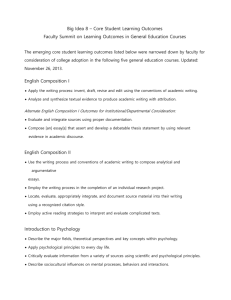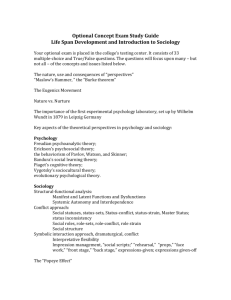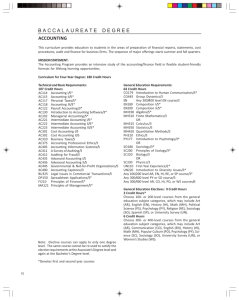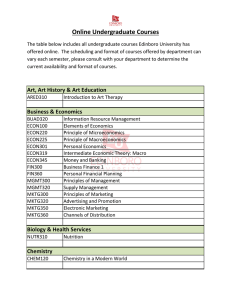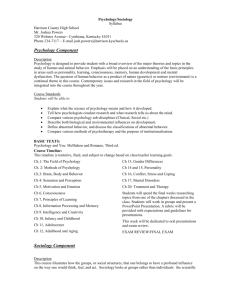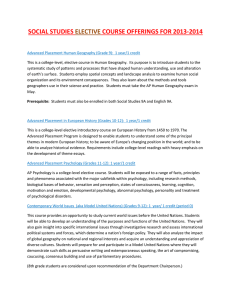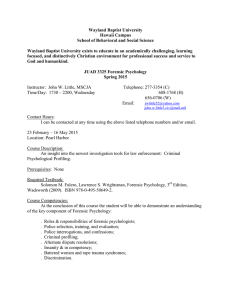SOCL 398 01 SS Social Psychology and Law TR 0800
advertisement
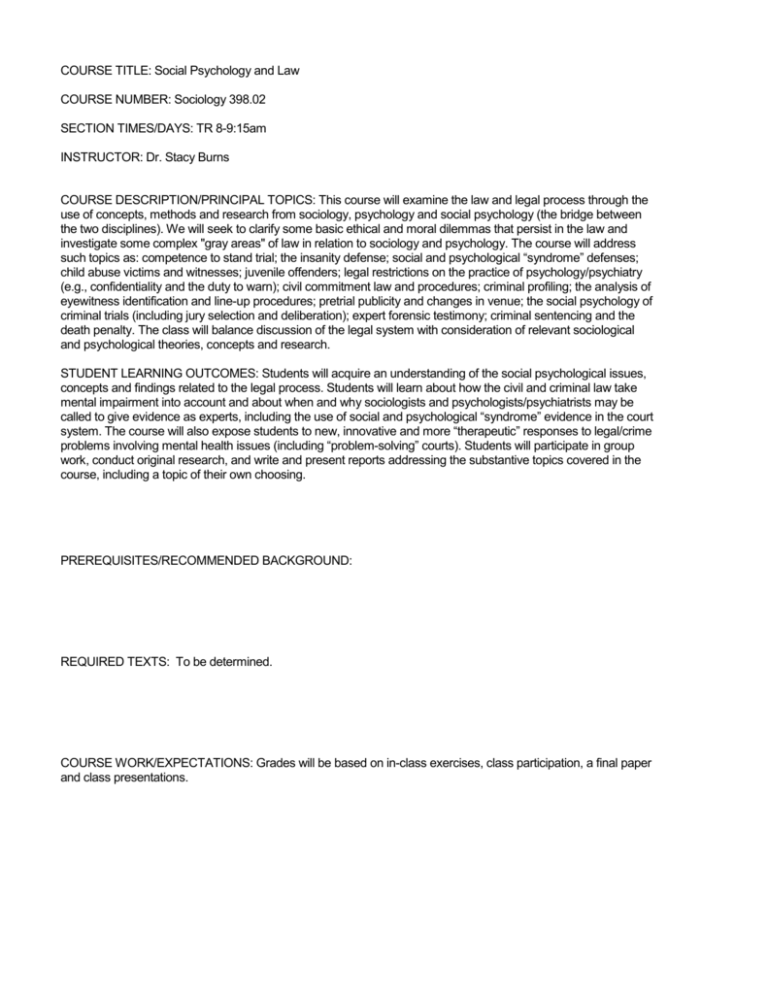
COURSE TITLE: Social Psychology and Law COURSE NUMBER: Sociology 398.02 SECTION TIMES/DAYS: TR 8-9:15am INSTRUCTOR: Dr. Stacy Burns COURSE DESCRIPTION/PRINCIPAL TOPICS: This course will examine the law and legal process through the use of concepts, methods and research from sociology, psychology and social psychology (the bridge between the two disciplines). We will seek to clarify some basic ethical and moral dilemmas that persist in the law and investigate some complex "gray areas" of law in relation to sociology and psychology. The course will address such topics as: competence to stand trial; the insanity defense; social and psychological “syndrome” defenses; child abuse victims and witnesses; juvenile offenders; legal restrictions on the practice of psychology/psychiatry (e.g., confidentiality and the duty to warn); civil commitment law and procedures; criminal profiling; the analysis of eyewitness identification and line-up procedures; pretrial publicity and changes in venue; the social psychology of criminal trials (including jury selection and deliberation); expert forensic testimony; criminal sentencing and the death penalty. The class will balance discussion of the legal system with consideration of relevant sociological and psychological theories, concepts and research. STUDENT LEARNING OUTCOMES: Students will acquire an understanding of the social psychological issues, concepts and findings related to the legal process. Students will learn about how the civil and criminal law take mental impairment into account and about when and why sociologists and psychologists/psychiatrists may be called to give evidence as experts, including the use of social and psychological “syndrome” evidence in the court system. The course will also expose students to new, innovative and more “therapeutic” responses to legal/crime problems involving mental health issues (including “problem-solving” courts). Students will participate in group work, conduct original research, and write and present reports addressing the substantive topics covered in the course, including a topic of their own choosing. PREREQUISITES/RECOMMENDED BACKGROUND: REQUIRED TEXTS: To be determined. COURSE WORK/EXPECTATIONS: Grades will be based on in-class exercises, class participation, a final paper and class presentations.

